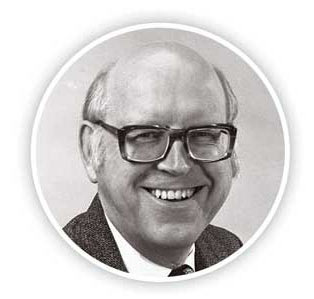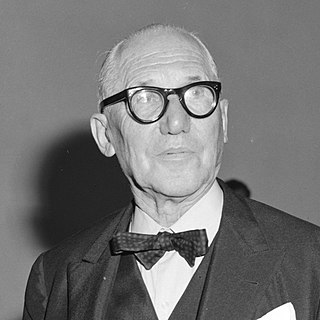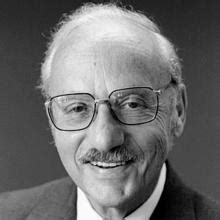A Quote by Karl Pearson
The mathematician, carried along on his flood of symbols, dealing apparently with purely formal truths, may still reach results of endless importance for our description of the physical universe.
Related Quotes
In other words, the propositions of philosophy are not factual, but linguistic in character - that is, they do not describe the behaviour of physical, or even mental, objects; they express definitions, or the formal consequences of definitions. Accordingly we may say that philosophy is a department of logic. For we will see that the characteristic mark of a purely logical enquiry, is that it is concerned with the formal consequences of our definitions and not with questions of empirical fact.
If a mathematician wishes to disparage the work of one of his colleagues, say, A, the most effective method he finds for doing this is to ask where the results can be applied. The hard pressed man, with his back against the wall, finally unearths the researches of another mathematician B as the locus of the application of his own results. If next B is plagued with a similar question, he will refer to another mathematician C. After a few steps of this kind we find ourselves referred back to the researches of A, and in this way the chain closes.
An axiomatic system comprises axioms and theorems and requires a certain amount of hand-eye coordination before it works. A formal system comprises an explicit list of symbols, an explicit set of rules governing their cohabitation, an explicit list of axioms, and, above all, an explicit list of rules explicitly governing the steps that the mathematician may take in going from assumptions to conclusions. No appeal to meaning nor to intuition. Symbols lose their referential powers; inferences become mechanical.
When a mathematician engaged in investigating physical actions and results has arrived at his own conclusions, may they not be expressed in common language as fully, clearly, and definitely as in mathematical formulae? If so, would it not be a great boon to such as well to express them so -- translating them out of their hieroglyphics that we might also work upon them by experiment?
It has been a long road from Plato's Meno to the present, but it is perhaps encouraging that most of the progress along that road has been made since the turn of the twentieth century, and a large fraction of it since the midpoint of the century. Thought was still wholly intangible and ineffable until modern formal logic interpreted it as the manipulation of formal tokens. And it seemed still to inhabit mainly the heaven of Platonic ideals, or the equally obscure spaces of the human mind, until computers taught us how symbols could be processed by machines.
The importance of language in gaining knowledge is doubtless the chief cause of the common notion that knowledge may be passed directly from one to another. It almost seems as if all we have to do to convey an idea into the mind of another is to convey a sound into his ear. Thus imparting knowledge gets assimilated to a purely physical process.
The practical man demands an appearance of reality at least. Always dealing in the concrete, he regards mathematical terms not as symbols or thought but as images of reality. A system acceptable to the mathematician because of its inner consistency may appear to the practical man to be full of contradictions because of the incomplete manner in which it represents reality.
One can imagine that God created the universe at literally any time in the past. On the other hand, if the universe is expanding, there may be physical reasons why there had to be a beginning. One could imagine that God created the universe at the instant of the big bang, or even afterwards in just such a way as to make it look as though there had been a big bang, but it would be meaningless to suppose that it was created before the big bang. An expanding universe does not preclude a creator, but it does place limits on when he might have carried out his job!
Physical science enjoys the distinction of being the most fundamental of the experimental sciences, and its laws are obeyed universally, so far as is known, not merely by inanimate things, but also by living organisms, in their minutest parts, as single individuals, and also as whole communities. It results from this that, however complicated a series of phenomena may be and however many other sciences may enter into its complete presentation, the purely physical aspect, or the application of the known laws of matter and energy, can always be legitimately separated from the other aspects.







































